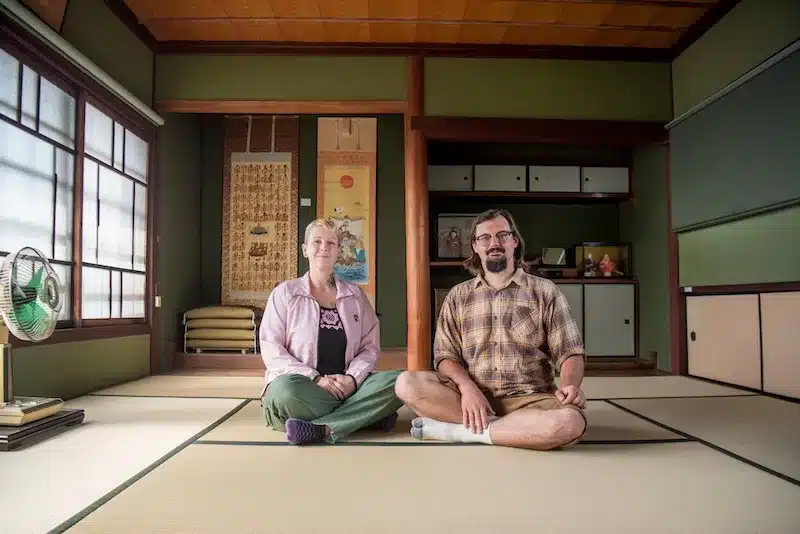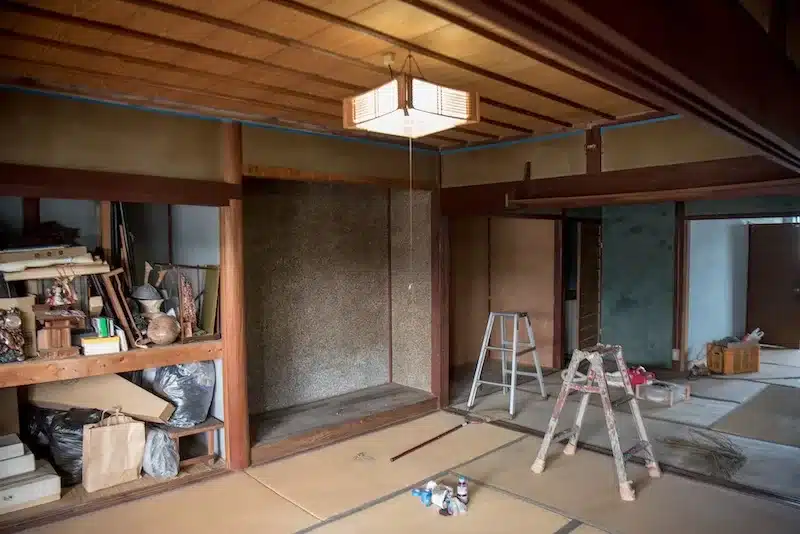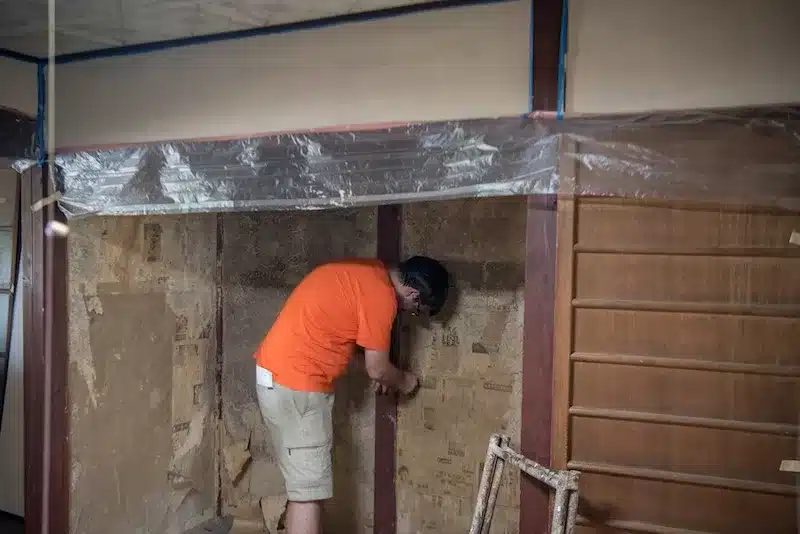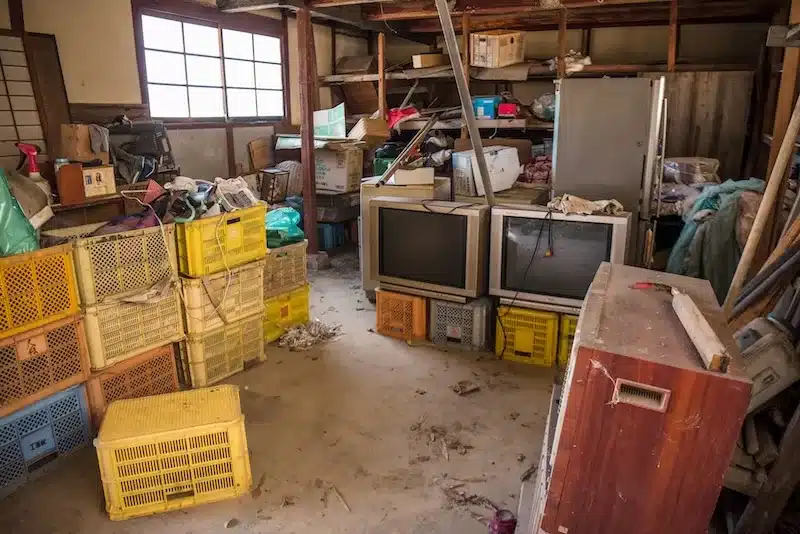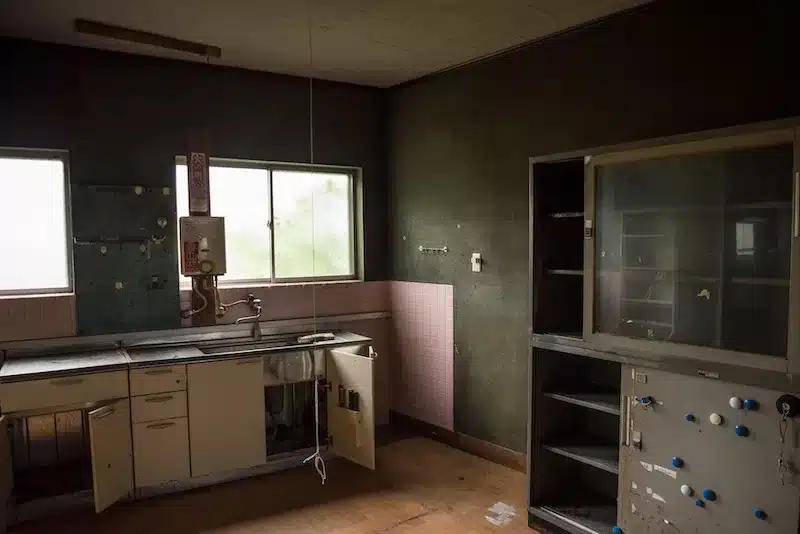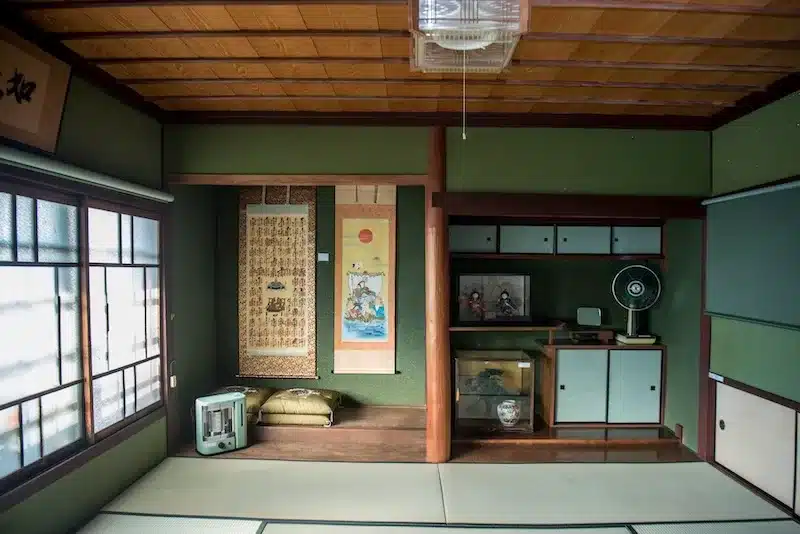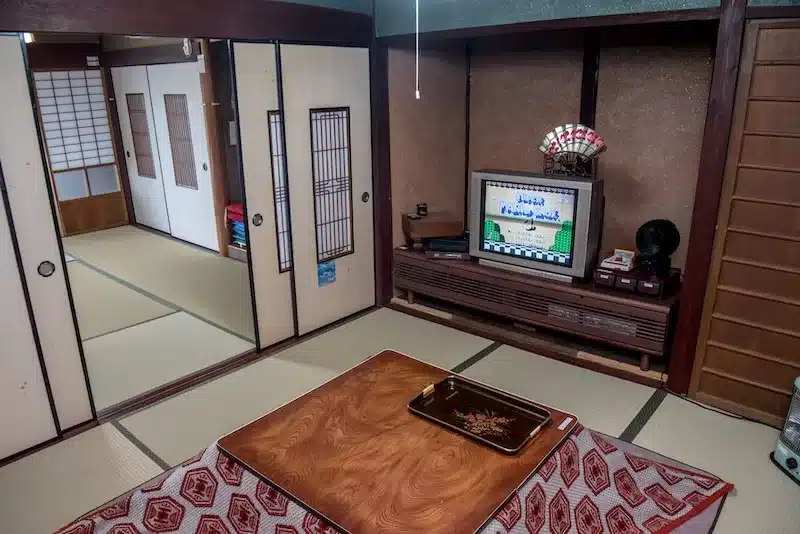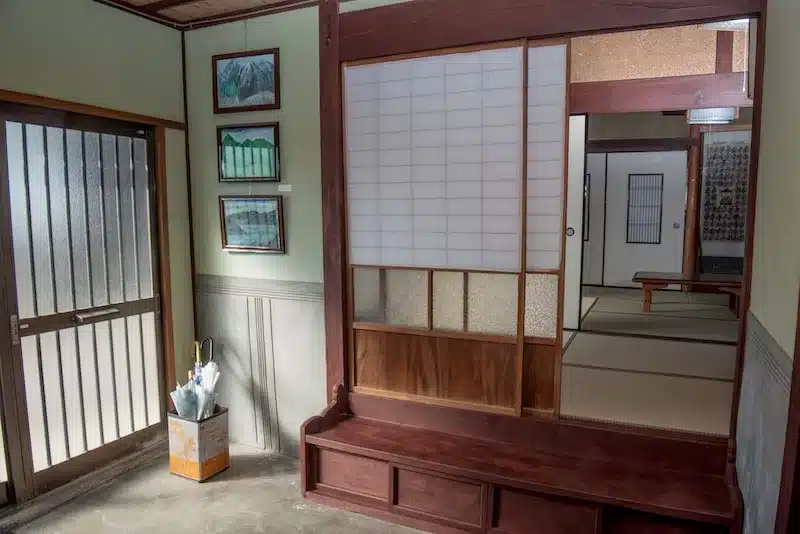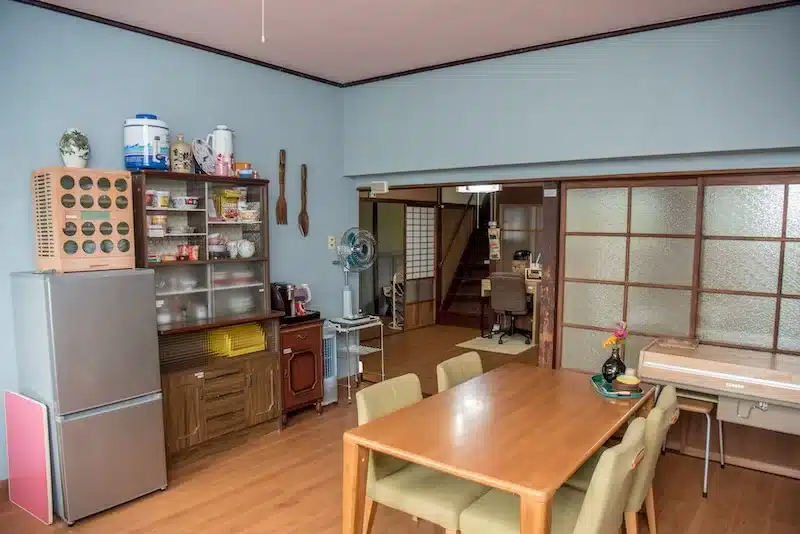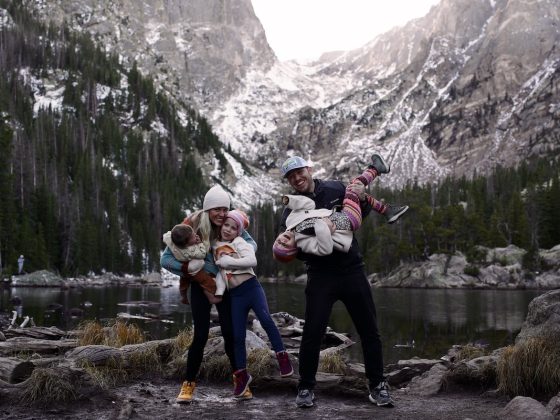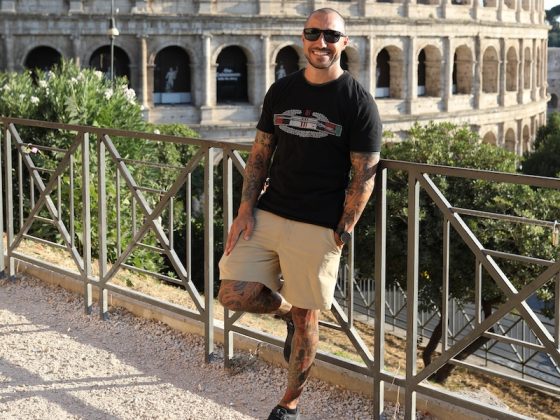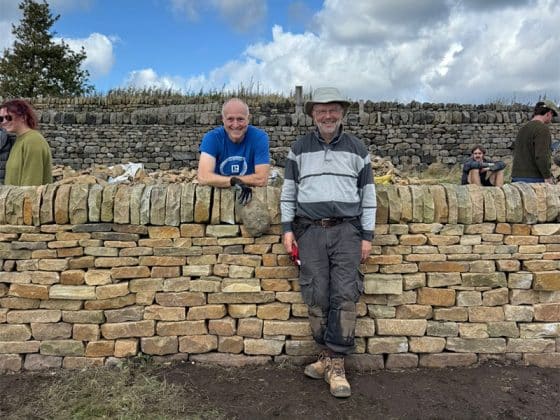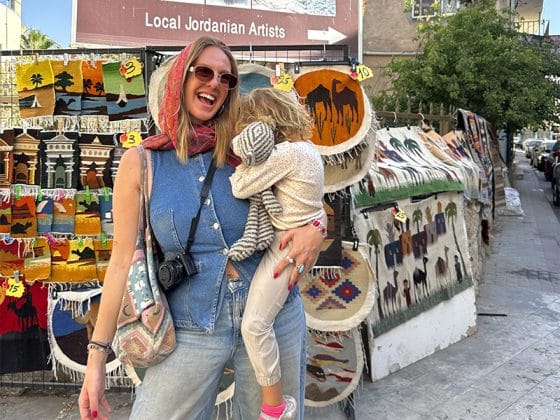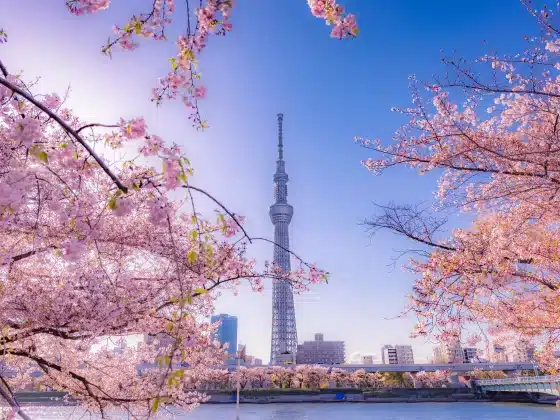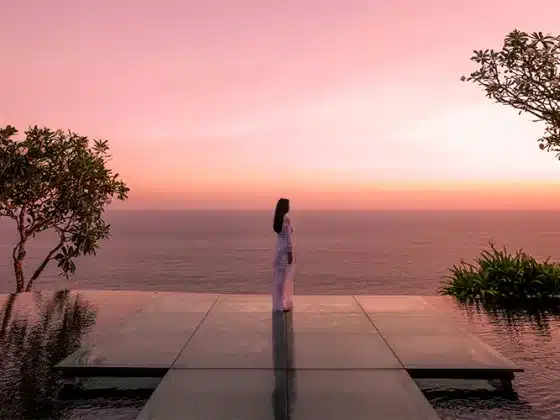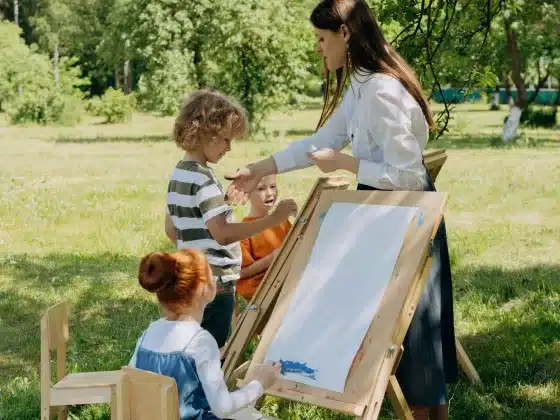Dani and Evan Benton didn’t set out to become innkeepers or beekeepers on a small Japanese island. Their journey began in New Orleans with an urban farm, a few chickens, and a growing sense that something quieter and more grounded was calling. After over a year of house-sitting across 21 Mexican states, they turned their attention to Japan—specifically, to Ōmishima, a cherry-blossom-lined island linked by bridges off the coast of Shikoku. There, they purchased two akiyas—abandoned traditional homes—each layered with the belongings and memories of previous lives, and began the meticulous process of restoration.
But this isn’t just a story of restoration and hard work. It’s about building something meaningful in a place that, like them, is rediscovering its own purpose. From navigating Japan’s Startup visa to raising bees among wild boars, and welcoming guests to their restored inn, the Bentons are crafting more than a livelihood—they’re shaping a life that feels entirely their own.
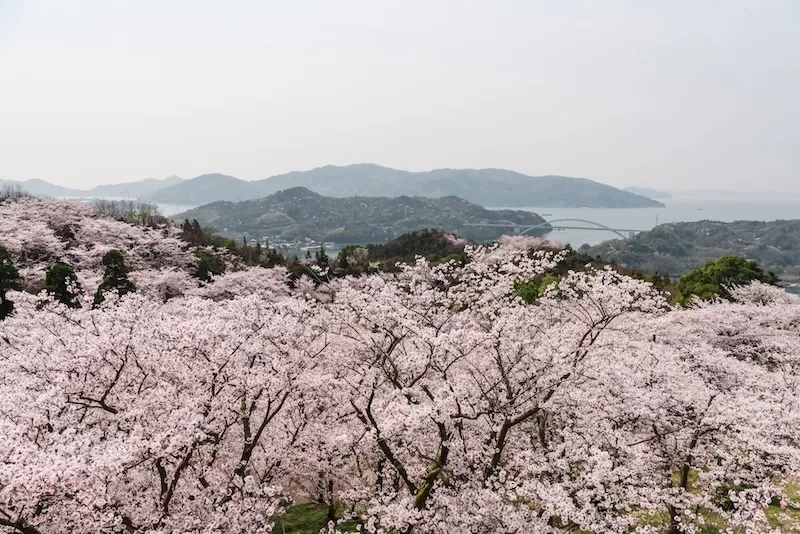
Can you tell us a little about your journey—how you went from an urban farm in New Orleans to house-sitting in Mexico, and eventually to Ōmishima?
We both grew up in rural Oregon. When we decided to move to New Orleans, Louisiana, in 2016, I thought that would be our life’s big adventure. We started teaching ourselves to garden over the course of a few years, first with chickens, one beehive, and a small homegrown vegetable pickling business. We loved our urban farm, and realized we wanted even more of a rural lifestyle. Due partly to Evan’s Spanish and Japanese language ability, and partly to real estate costs in the United States, we looked outside our home country for places to resettle: Mexico or Japan.
We started by exploring Mexico since we could drive there, and Japan’s borders were still closed at that time. We enjoyed 14 months traveling to 21 Mexican states! While we were full-time traveling pet-sitters, we exchanged pet care for places to stay, while the pet owners were away on vacation. This brought us to metropolitan cities, tiny villages, and everything in between, desert, mountain, forest, beach, jungle. While traveling, we were also researching Japan’s visa options, and after carefully putting our plan together, we decided to go for it!
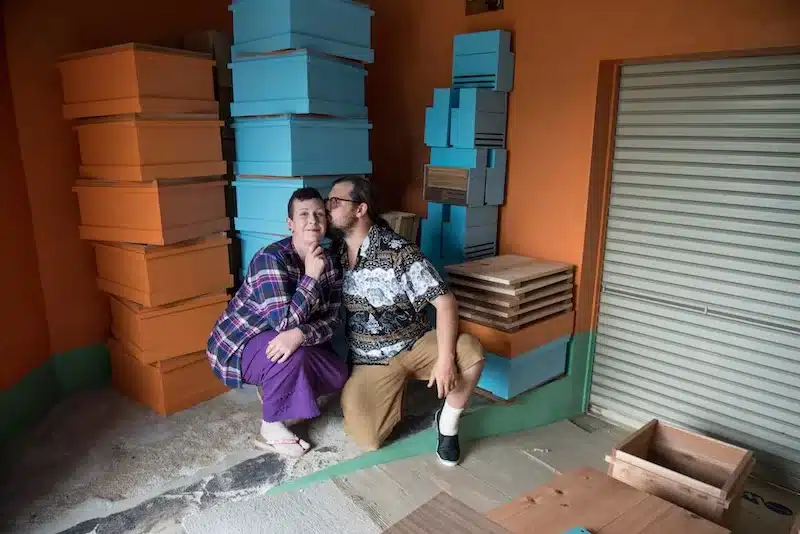
What first drew you to Japan’s akiya houses? Why did Ōmishima feel like the right place to put down roots?
The main draw has to be the simple beauty of the structures: there is something about a half-timber building that speaks to the soul. When we first started looking at properties, I couldn’t believe the beauty of the traditional house construction. But then I started noticing that many of the houses are full of the former owner’s belongings, abandoned for anywhere from a few years to a few decades. We both love old things, and preserving the past. It really clicked in my mind that we could not only restore a historic house, but could also save some really lovely vintage and retro furniture, home decorations, and even tools. We chose our houses carefully based of course on location, price, and condition, but also taking into consideration what was contained within the houses.
It really clicked in my mind that we could not only restore a historic house, but could also save some really lovely vintage and retro furniture, home decorations, and even tools.
As for Ōmishima, we had made a list of our requirements for an ideal place to live that mirrored New Orleans in many ways: a warm climate that was suitable for honeybees, enough steady tourism to make our guesthouse a viable income stream, a rural area with easy access to a few bigger cities within an hour, and I also wanted a location specifically without snow in winter. We cross-referenced those requirements against the locations in Japan that were offering the Startup visa, and Imabari city (where Omishima is located) jumped to the top of the list. When Evan contacted the city to inquire about the process, they immediately wanted to schedule a Zoom meeting with us and over a dozen city employees. That warm welcome made a big impact on us.
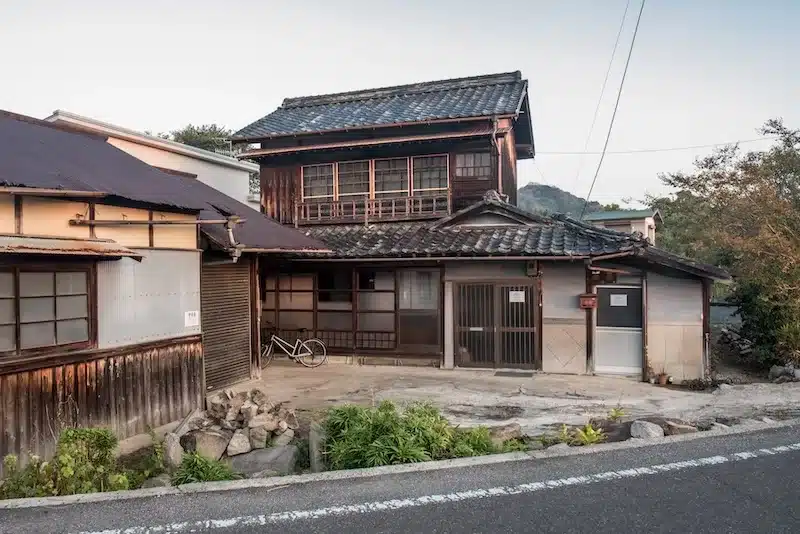
Can you tell us about the process of finding and purchasing your akiya homes, and how the Startup Business visa came into the picture?
We found the former inn that is now our home through the Cheap Houses Japan newsletter. When we contacted the realtor to schedule a viewing, he told us there was another house in the same neighborhood that wasn’t listed yet, and when we saw it, we immediately knew it would be the perfect guesthouse for our business plan. We were able to purchase the guesthouse while still on tourist visas, and we waited to buy the inn until we were sure our Startup visa was going to be approved. A lot of people think that foreigners owning property in Japan makes it easier to obtain residence, but that’s not true. Both houses were similarly purchased directly from the now-elderly sons of the former owners. Real estate in Japan is fairly straight-forward, for foreign residents and non-residents.
What’s been the most rewarding part of renovating these abandoned homes—and what’s been the most challenging?
The most rewarding part of renovating the guesthouse has been seeing families enjoy the whole private house together, as it was intended. We often get long, thoughtful reviews about the memories that were made during their visit. We hope above all to help people see that a simpler kind of country living can be not only viable but desirable. In contrast, the most challenging part of renovating our own home is finding the time to do it. We are so busy with our business that we still haven’t found the time to fix the hot water heater! We have been living in a construction zone or “camping” in our house for the duration of our time in Japan.
Read more like to: Things to know before moving to Japan
The guesthouse before renovations, with decades of history left behind.
How has it been balancing house renovations, building your bee business, and creating a home in a rural community?
Honestly, it has been an exhausting couple of years. Our residency and life in Japan is essentially based on the success of our small business, and our ability to meet our business plan goals. On one hand, knowing your residency is on the line sure is a great motivation to work hard every day. But on the other hand, we’re ready for a vacation!
To answer your question more specifically, we’ve found a good balance by building our small business one step at a time. First, we focused entirely on getting the guesthouse up and running, which was integral for generating some income to show immigration for our first visa extension. Once the guesthouse was operational, we then started rehabilitating the abandoned farmland for our honeybee farm, since we knew that the honeybee colonies would take a lot longer to get established to the point of generating any income. Last winter, we completed a second phase of renovation at the guesthouse, with a few more plans for the future.
We work as a team on many aspects of our business, but we also split up the workload based on our own strengths. My background is in photography and visual communication, so I handle YouTube, social media, and also designed our own honey jar labels. I also personally take care of all of the guesthouse duties, including cleaning, laundry, guest communication, and arranging each work day based on guest arrival time, so I can personally meet them and show them around our guesthouse. Evan takes care of almost all of the honeybee duties, including weekly hive health inspections, woodworking, and keeping the local wild boar out of the apiaries, a lot of manual labor. Together, we share garden tasks, and try to take produce to the farmers market on a regular schedule.
After the transformation, the restored space that still holds the soul of what came before.
What advice would you give to someone looking to follow a similar path to Japan—whether it’s through house restoration, business, or rural life?
Hire a team of professionals right away. Japan has set some high hurdles for immigration and it’s not worth the headaches or heartache to try and navigate the process on your own. Make an effort to learn the language, and interact with your local community whenever possible. A sense of humor and a bit of thick skin will make it easier to adjust and adapt. Go into the process fully believing it will be really difficult and much more time consuming than you think possible, then maybe you will be pleasantly surprised. I always like to say: it’s complicated, but not impossible.
Make an effort to learn the language, and interact with your local community whenever possible. A sense of humor and a bit of thick skin will make it easier to adjust and adapt.
How has the local community welcomed you? Have there been any surprising cultural lessons along the way?
The islanders themselves were incredibly welcoming from the very first day. They were very curious about our plans and introduced us to other beekeepers and organic farmers immediately. Our realtor put us in contact with the contractor who helped us with some of the guest house renovations. There may have been some hesitations at first, but when they heard Evan speak Japanese, learned we wanted to restore old houses, and finally got to see what we accomplished with our “Showa retro” guest house, everyone was won over. Once word spread that we were interested in retro items, “donations” of beautiful vintage home decorations started to appear in our entryway. One of the funnest parts of the remodeling process was when all the neighbors would take their walks at the same time, every evening, and end up congregating at the foot of our driveway to inspect the day’s progress.
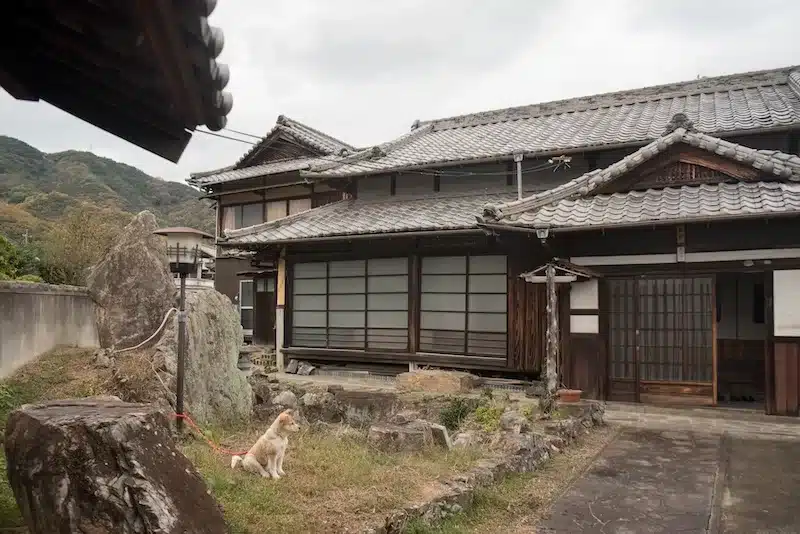
What’s next for your home, your homestead, and your family? Where do you see yourselves in the coming years?
We are praying for children of our own, as we think Ōmishima is the perfect place to raise a family. In the meantime, we have a growing number of rescue pets (Ponkan, Bosco, and Sumi) all caught in our neighborhood. We will increase from 25 to 40 Western honeybee colonies (and one Japanese honeybee colony) this year, and in the near future add chickens and possibly sheep. We’re expanding our small-scale farming to additional fields and discussing collaborations with other island businesses. We’re growing a variety of hot peppers, and while we don’t have the funds yet, would like to establish a commercial kitchen, in order to sell hot sauces and salsas. Other farming plans include covering the island in pollinator plants, continuing the local tradition of growing citrus, and in keeping with our Mexico theme, also planting avocado groves.
Our next project is to open a Retro Shop, located in the separate garage building at Benton Guesthouse, filled with the countless beautiful vintage items found in our two former ‘akiya’ houses; but first, the garage needs a new roof. After that, maybe we’ll open Ōmishima’s first taqueria and retro arcade. In short, we have more ideas than the two of us alone can possibly manage! So, we have been slowly trying to wrap our minds around the idea of hiring employees, and once we get to that point we hope that we will be able to take a vacation!
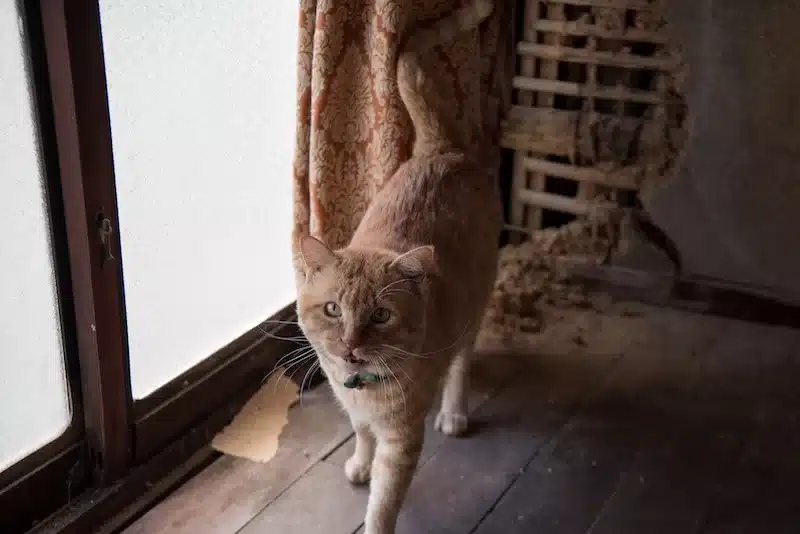
Lastly, what would you say to anyone dreaming of starting over abroad, but afraid to take the leap?
Start planning right away. Be as specific about your needs and goals as possible. Find the exact place you want to live and start talking to real people there. Don’t do what we did and jump right into starting a business; take some time to enjoy the area first!
Read more like this: Home Renovation Success Stories
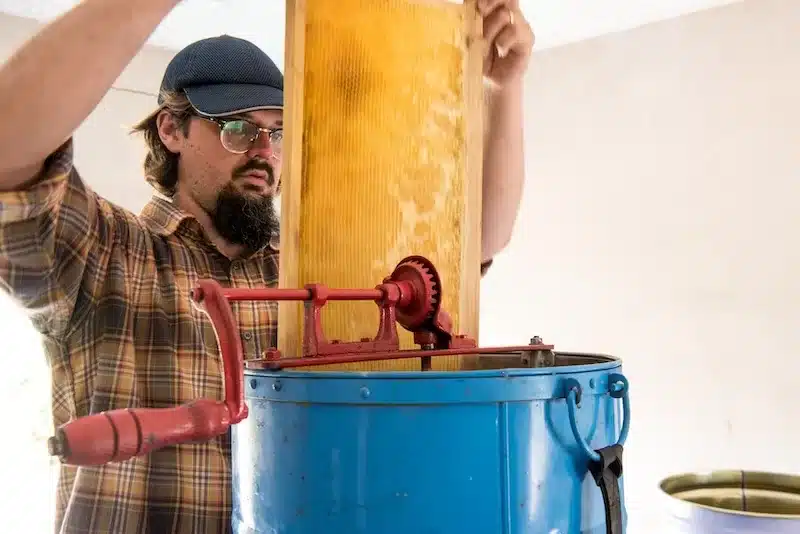
Dani and Evan Benton are the co-founders of Benton Guesthouse on Ōmishima Island in Japan. After years spent farming in New Orleans and house-sitting across Mexico, they’re now restoring akiyas, raising bees, and rebuilding a life by hand. You can follow their journey by following the inspiring couple on Instagram and YouTube, or by visiting their website.
